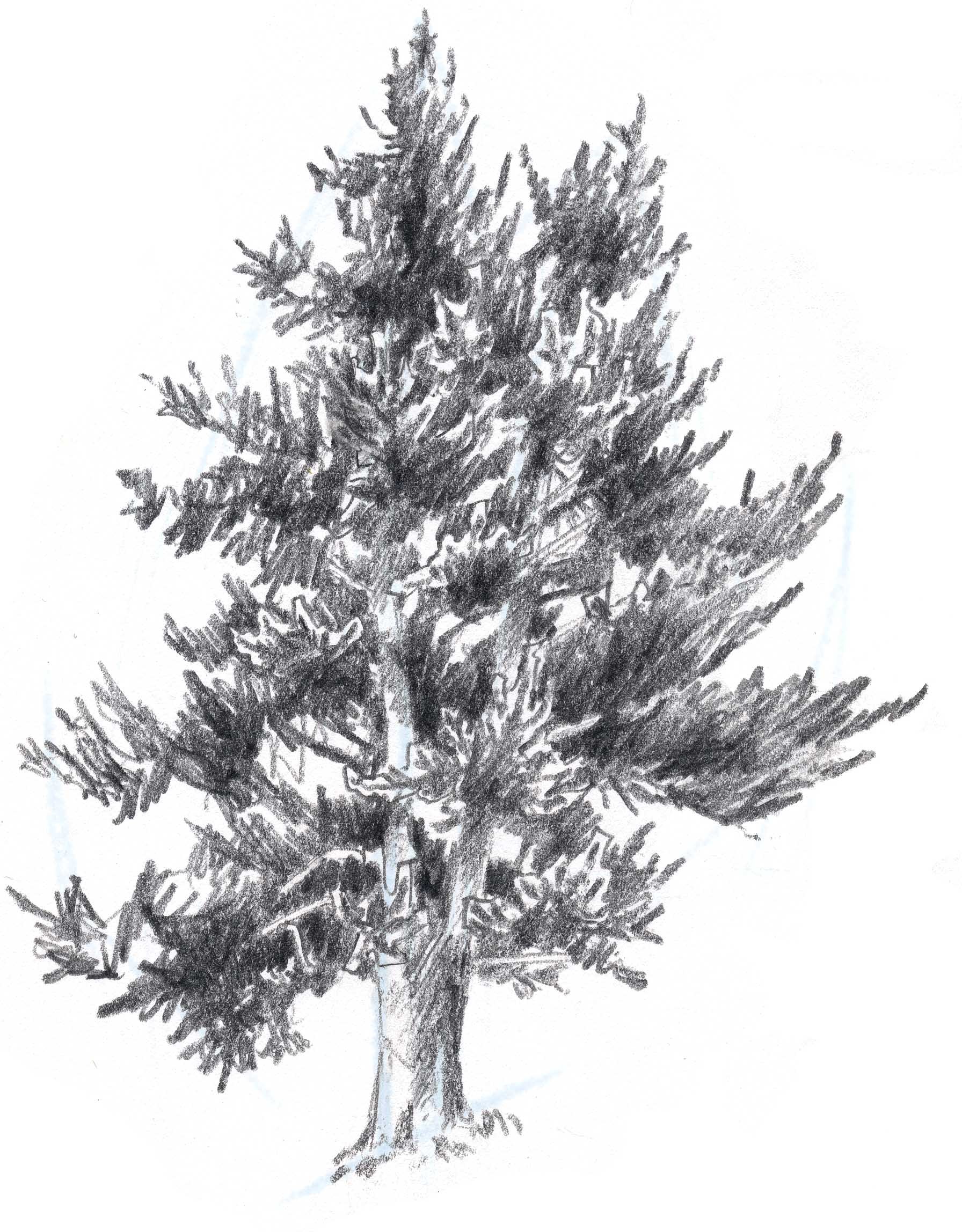
“The stars are massive. The air is clean. I do feel a change that I’ve not felt even in a Wikipedia hole.”
Things that Inspire Reverie:
Wi-fi-free cabins in the woods
Early Internet websites about frogs
Lake Superior
Great albums, played in their entirety
What else is there to say about our reliance on Google Maps, our incessant group texts, our inability, increasingly, to sit down and read at length, our tendency to answer that work email at 9 pm? Some of us dream, I think, in tabs. That screentime looms bluish, tempting, breaking up our thoughts and our days is no new realization—there’s “text neck” to prove it—and solutions, often app-based, abound. Jon Staff and Pete Davis, authors of the book How to Get Away: Finding Balance in our Overworked, Overcrowded, Always-On World, spent years in conversation with each other about the problem of technological overload, and how and if a remedy was possible.
Staff and Davis work in the tradition of many, many others who have turned from industrial society to nature for relief and perspective. William Hazlitt wrote winningly, acerbically, of taking long solo walks; Thoreau, of course, practiced some version of what we now tag on Instagram as “forest bathing;” John Muir climbed a Douglas Spruce to better watch and feel the “music” of the wind blowing through the Sierra Nevada mountains. Interested in complicated and deepening this lineage, and in bringing in contemporary voices, too, Staff and Davis’s book is an argument that getting away is a basic, universal need, and always has been. As such, under the name Getaway, they’ve started to build cabins free of wi-fi within reach of major urban centers—New York, L.A., Boston, D.C., Atlanta. The goal is to “just be” again, to replace, temporarily, that glowing blue screen and its chatter of emails and texts with a huge, luminous window through which you can watch the trees, hear only the tweeting, finally, of birds.
We met, of course, on a video call, Davis calling in from Falls Church, Virginia, Staff from New York, me from Iowa City. There would be irony here, except that the Getaway duo don’t argue for the total excision of tech from our daily lives—just balance, a fine and thoughtful one.
—Lucy Schiller
THE BELIEVER: Can you talk a little about how you would define your idea of “getting away” and how it connects to the lineage you explore in your book?
JON STAFF: We’re always careful to say we’re not disrupting everything. Every generation has had [the idea of the “get away”], from counterculture to [contemporary] Norway. That’s one of the...
You have reached your article limit
Sign up for a digital subscription and continue reading all new issues, plus our entire archives, for just $1.50/month.
Already a subscriber? Sign in




